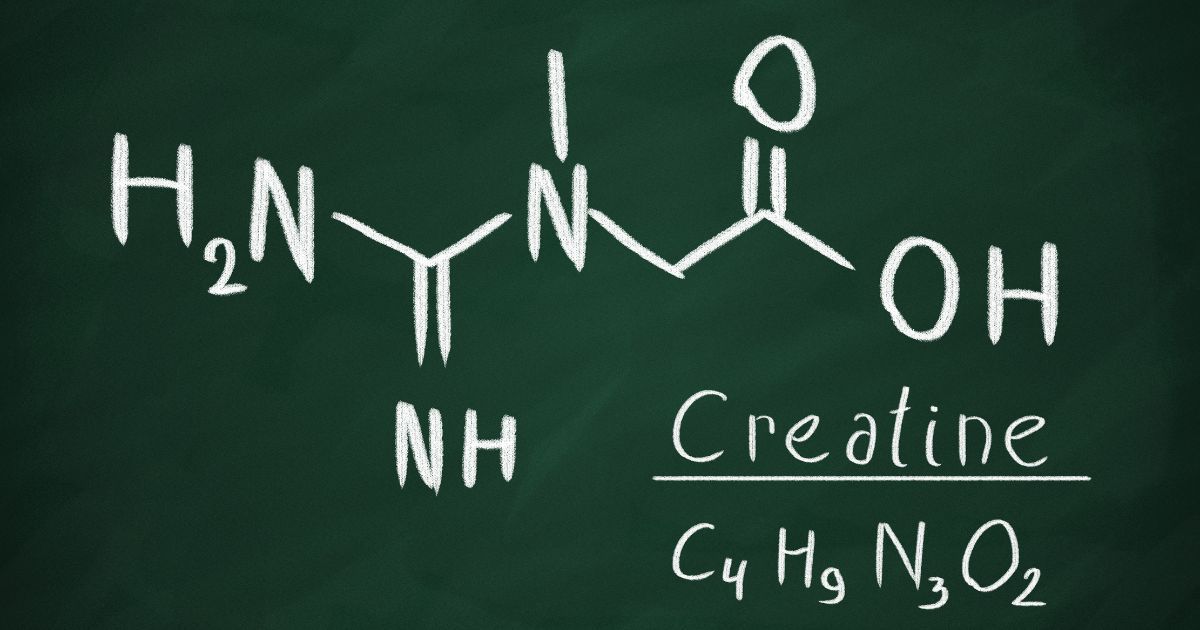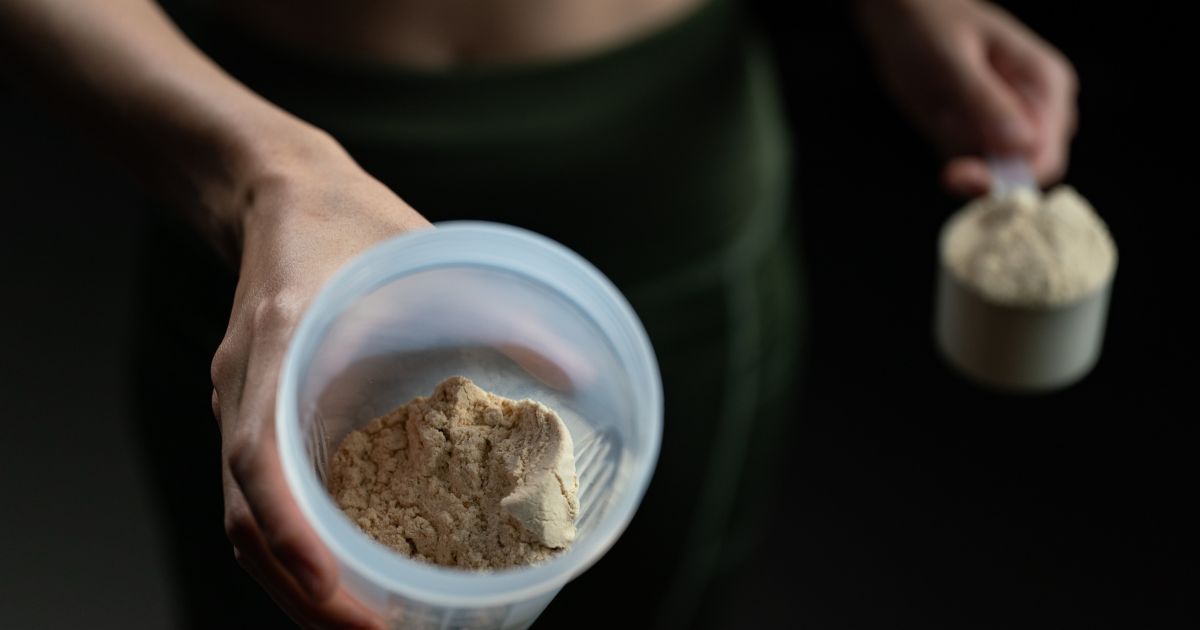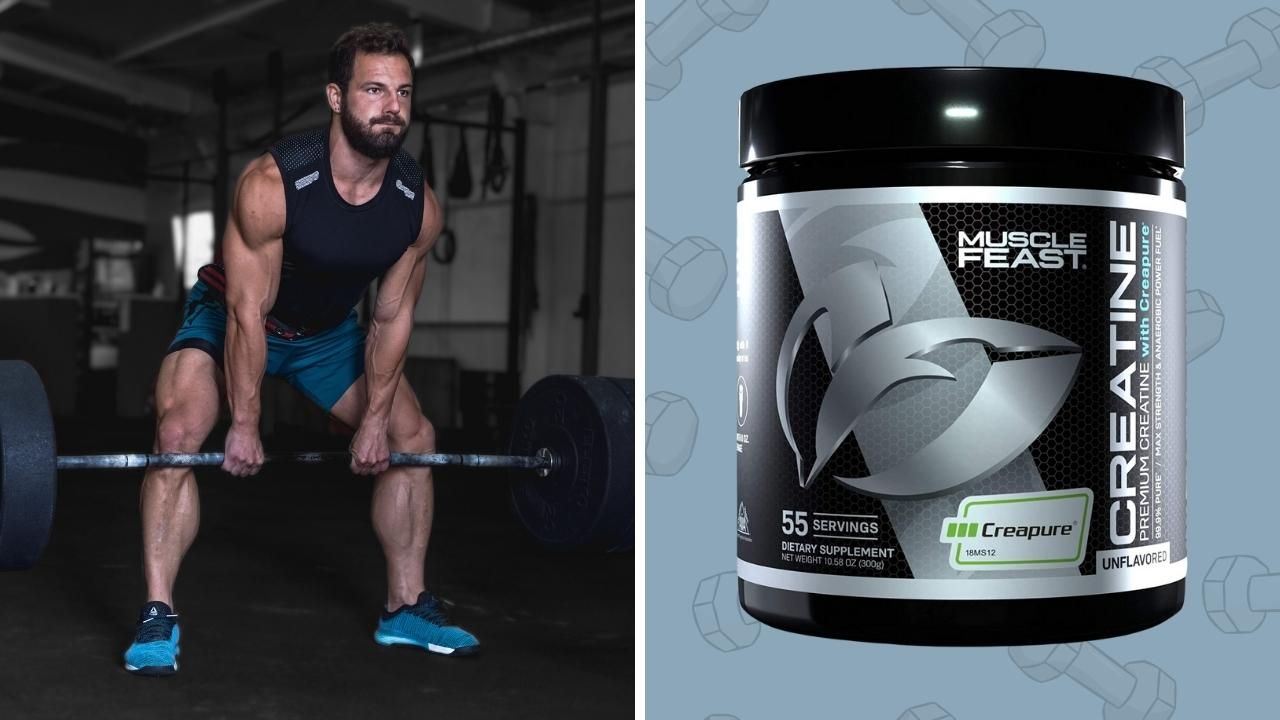
When to Take Creatine for Maximum Impact!
Unlock the power of your workout! Discover 'When to Take Creatine' for maximum gains and supercharged energy!
If you're reading this, it's likely you've heard about creatine and its reputation as a game-changer in the world of strength training and bodybuilding. But, like a perfectly timed punchline, timing is everything when it comes to taking creatine.
So, when exactly should you take it for the best results? Buckle up, because we're about to dive into that.
Understanding Creatine

First things first, let's get to know creatine a little better.
In essence, it acts as a reserve power source for your muscles, helping to improve performance and muscle growth. Numerous scientific studies have backed the benefits of creatine supplementation.
1. Composition and Production: Creatine is made up of three different amino acids: glycine, arginine, and methionine. Our bodies naturally produce it in the liver, kidneys, and pancreas. Additionally, we can also obtain creatine through certain foods like red meat and fish.
2. Role in Energy Production: When you exercise, your body requires a lot of energy. Initially, it uses ATP (adenosine triphosphate), the primary energy currency of cells. However, ATP stores are depleted quickly during intense workouts. This is where creatine comes into play. It helps regenerate ATP, allowing for an extended duration of high-intensity exercise.
3. Creatine Supplementation: While our bodies produce creatine and we consume it in our diets, additional supplementation can provide several benefits, especially for athletes and bodybuilders. These benefits include increased strength, improved muscle recovery, and even potential cognitive benefits.
4. Types of Creatine Supplements: There are several types of creatine supplements available in the market. The most common and well-researched form is creatine monohydrate. Other forms include creatine ethyl ester, liquid creatine, and creatine hydrochloride, but these are not as well-studied as creatine monohydrate.
When to Take Creatine: Before or After Workout?

Now, onto the million-dollar question: when should you take creatine?
Before a Workout?
Some experts argue that taking creatine before a workout can boost your performance.
- The theory here is that consuming creatine pre-workout ensures that your muscles are loaded with this powerful substance, ready to kickstart your workout.
After a Workout?
On the flip side, some suggest that the best time to take creatine is after a workout.
- This is based on the idea that your muscles, after being put through the wringer, are primed to absorb nutrients - including creatine.
- Supporting this argument, the Journal of the International Society of Sports Nutrition published a study showing that participants who consumed creatine post-workout gained more muscle and increased strength than those who took it pre-workout.
The Verdict
So, should you take creatine before or after your workout? Well, it turns out both timings have their merits.
If you want to enhance your workout performance, it's recommended to take it before your workout.
However, whether you take it before or after has no impact on gaining lean body mass and overall strength. As long as you are engaging in some type of resistance training.
The most important thing is consistency. As the saying goes, "The best time to take creatine is when you remember to take it."
Creatine Dosage: How Much Should You Take?

Now that we've established when to take creatine, you're probably wondering how much you should be taking.
Your creatine dosage may need adjusting based on factors such as your body weight, fitness level, and specific goals.
- For instance, if you're just starting out with strength training, you might find that a lower dose is sufficient.
- On the other hand, if you're an experienced athlete looking to push your performance to the next level, a slightly higher dose could be beneficial.
The key here is consistency. Think of creatine supplementation like watering a plant – it won't suddenly blossom after a single watering session. It needs consistent care over time. Similarly, regular creatine consumption will yield the best results.
Creatine for Beginners: When to Start Using It
If you're a beginner in the world of fitness, you might have some concerns about starting creatine. Is it safe? Will it give me an unfair advantage? What are the benefits?
Plus, it's not considered "cheating" – it’s just helping your body to more efficiently use the energy it naturally produces.
As for the benefits? Taking creatine can help increase your muscle strength and size, enhance recovery, improve anaerobic capacity, and much more. It's like having a secret weapon in your fitness arsenal.
Supplements to Combine with Creatine for Maximum Benefits

- Protein Powder: Protein is essential for muscle repair and growth. Pairing creatine with protein, especially whey protein, can enhance muscle gain.
- Branch Chain Amino Acids (BCAAs): BCAAs are known for their role in muscle growth and recovery. Combining them with creatine can potentially enhance these effects.
- Glutamine: This amino acid is crucial for preventing muscle breakdown and boosting immune function. It can complement the benefits of creatine, particularly during intense training periods.
- Beta-alanine: This supplement is often combined with creatine to boost performance and endurance. This study found significant improvements in leg power and resting testosterone levels, as well as overall physical and cognitive performance.
Remember, it's always important to consult with a healthcare professional before starting any new supplement regimen. The effectiveness of these combinations can vary depending on individual factors such as diet, exercise routine, and overall health status.
Side Effects and Precautions
While creatine is generally safe, there are a few potential side effects you should be aware of.
There are also some misconceptions about creatine affecting kidney health. While it's true that people with existing kidney conditions should consult their doctor before starting any new supplement, including creatine, for healthy individuals, research shows no evidence that creatine harms the kidneys.
While creatine is a safe and effective supplement for most people, always listen to your body and consult with a healthcare professional if you have any concerns.
Frequently Asked Questions
Before we wrap up, let's address some of the most common questions about creatine usage:
Is it necessary to 'load' creatine?
A creatine loading phase involves taking a higher dose of creatine (typically 20 grams split into 4 doses per day) for a week to quickly saturate your muscles with creatine. After this, you switch to a lower maintenance dose (3-5 grams per day).
While this method can speed up the process of muscle saturation, it's not necessary. You can simply start with the maintenance dose, although it will take a bit longer (about 28 days) to reach full saturation.
Can I take creatine on rest days?
Yes, you can. Taking creatine on non-workout days can help maintain the level of creatine stores in your muscles. You can take it at any time of the day that suits you best.
Do I need to take creatine every day?
Yes, for optimal results, it's generally recommended to take creatine every day. The reason for this is that creatine levels in your muscles decline naturally over time if they're not replenished, so taking a small amount each day helps maintain a high level of creatine in your muscle stores. Even on non-workout days, taking creatine can help maintain these levels and prepare your body for your next workout.
Is it safe to take creatine long-term?
Current research suggests that long-term creatine use is safe for healthy individuals. However, as with any supplement, it's always a good idea to periodically check in with your doctor, especially if you plan on using creatine long-term.
Bottom Line
We've covered quite a bit of ground in this creatine journey. From understanding what creatine is and its role in muscle growth and performance enhancement, to discussing the best time to take it for optimal results, we've explored the ins and outs of this powerful supplement.
Remember, whether you choose to take your creatine supplement before or after your workout, consistency is key. And don't be afraid to experiment a little. Everyone's body is different, so feel free to tweak your creatine timing and dosage to find what works best for you and your workout routine.
Remember, fitness is a journey, not a destination. Keep experimenting, stay consistent, and most importantly, enjoy the process. Happy training!
Before You Go...







